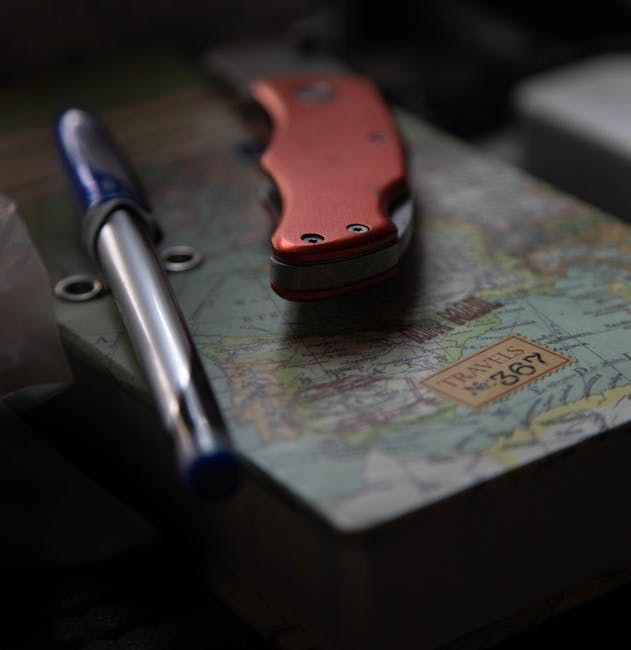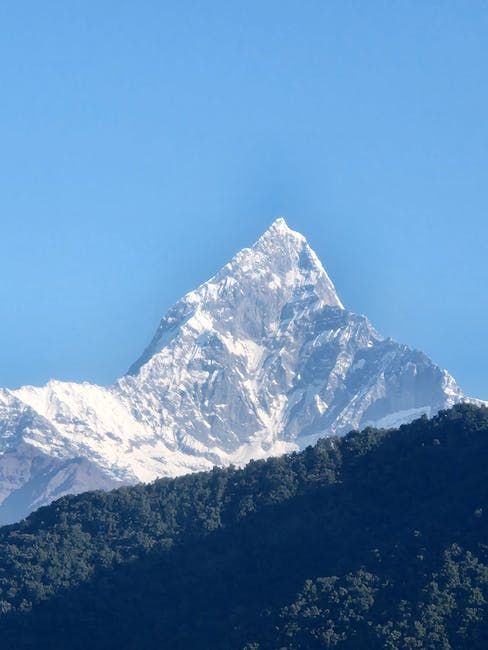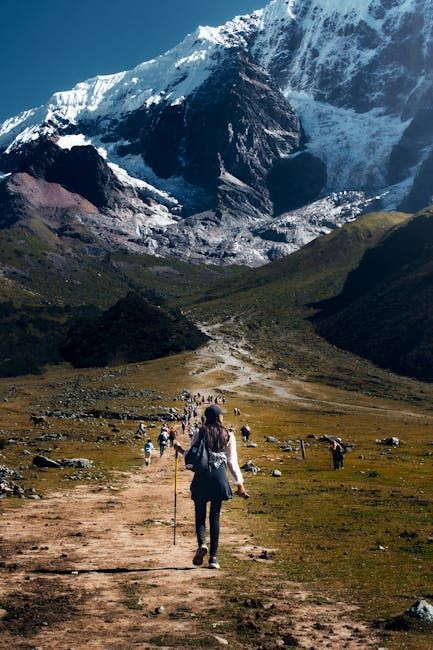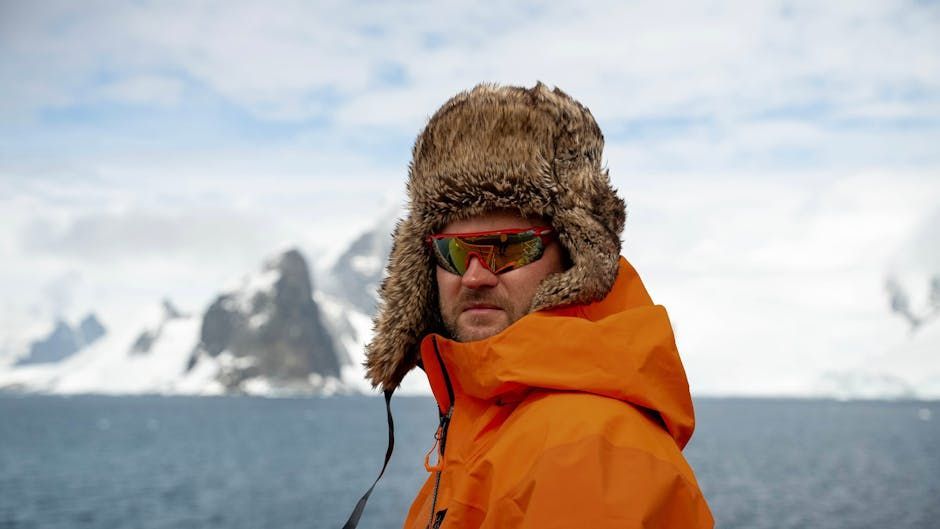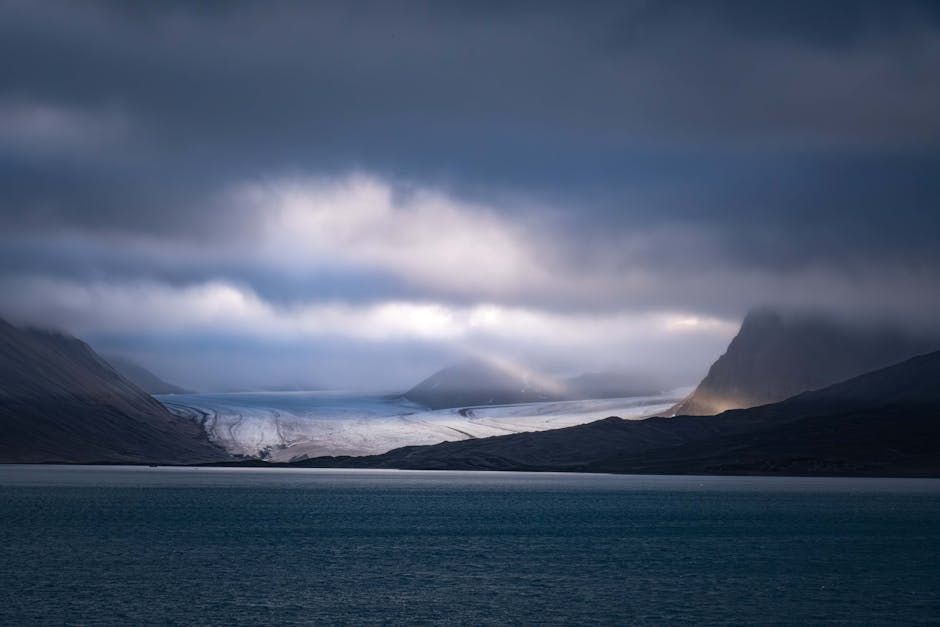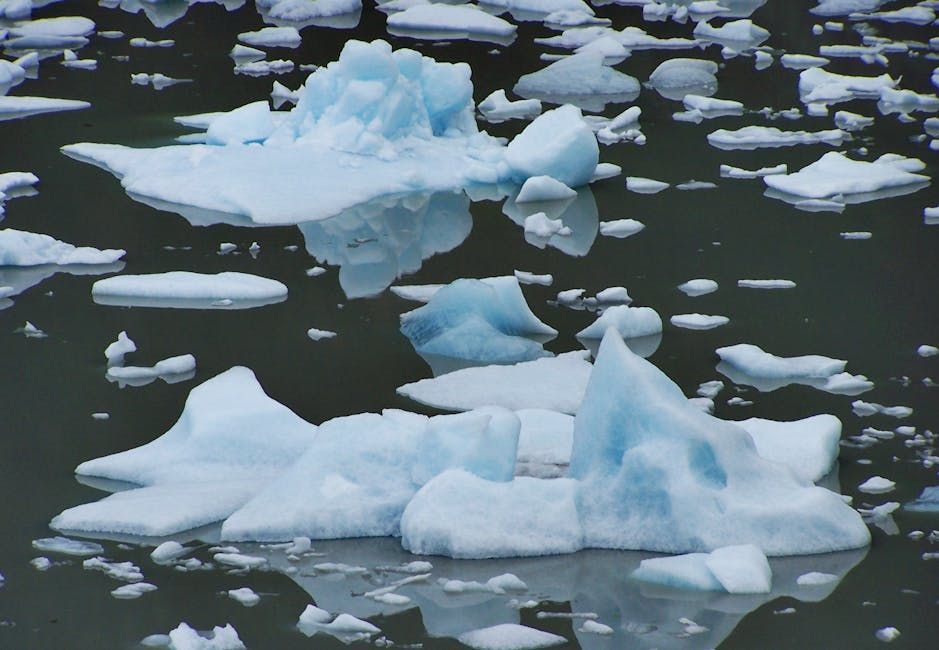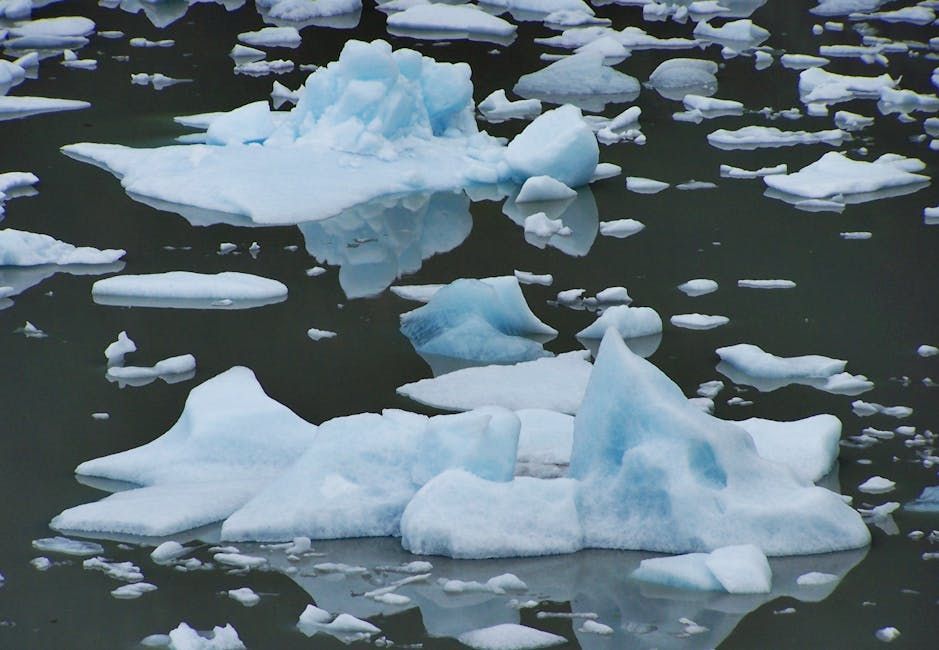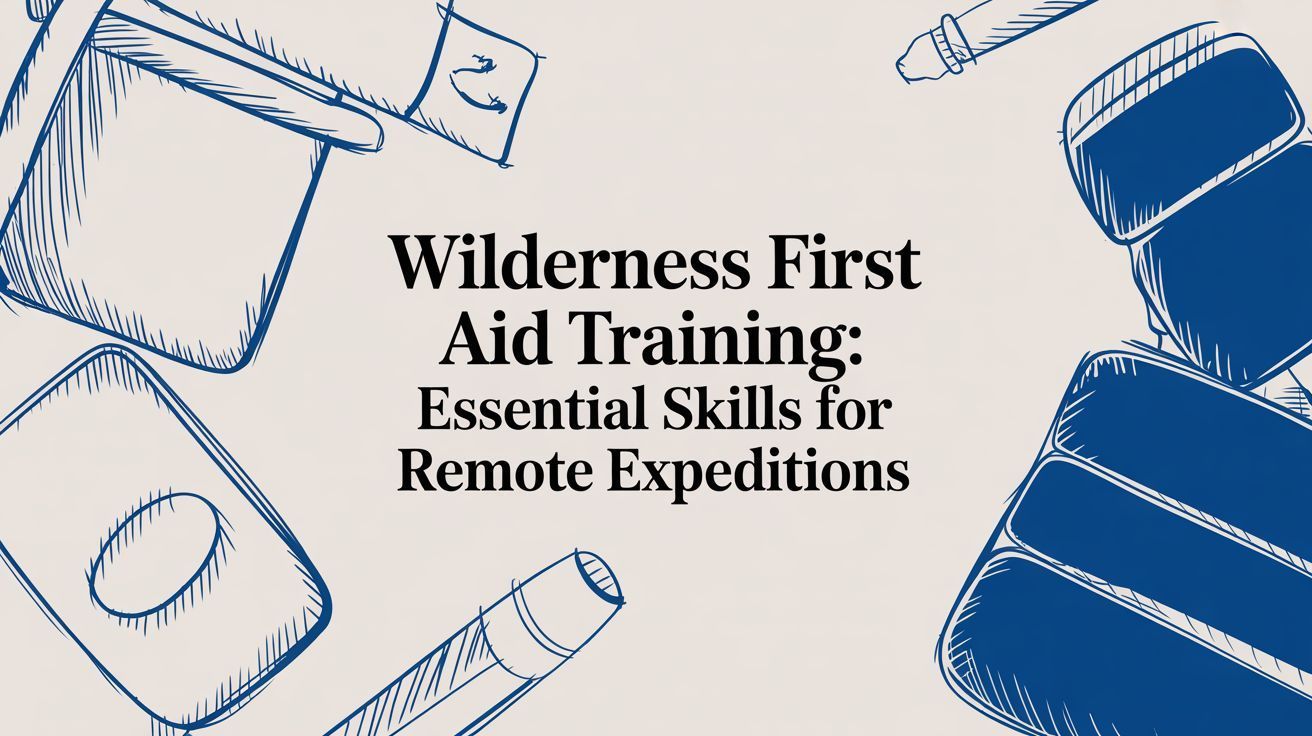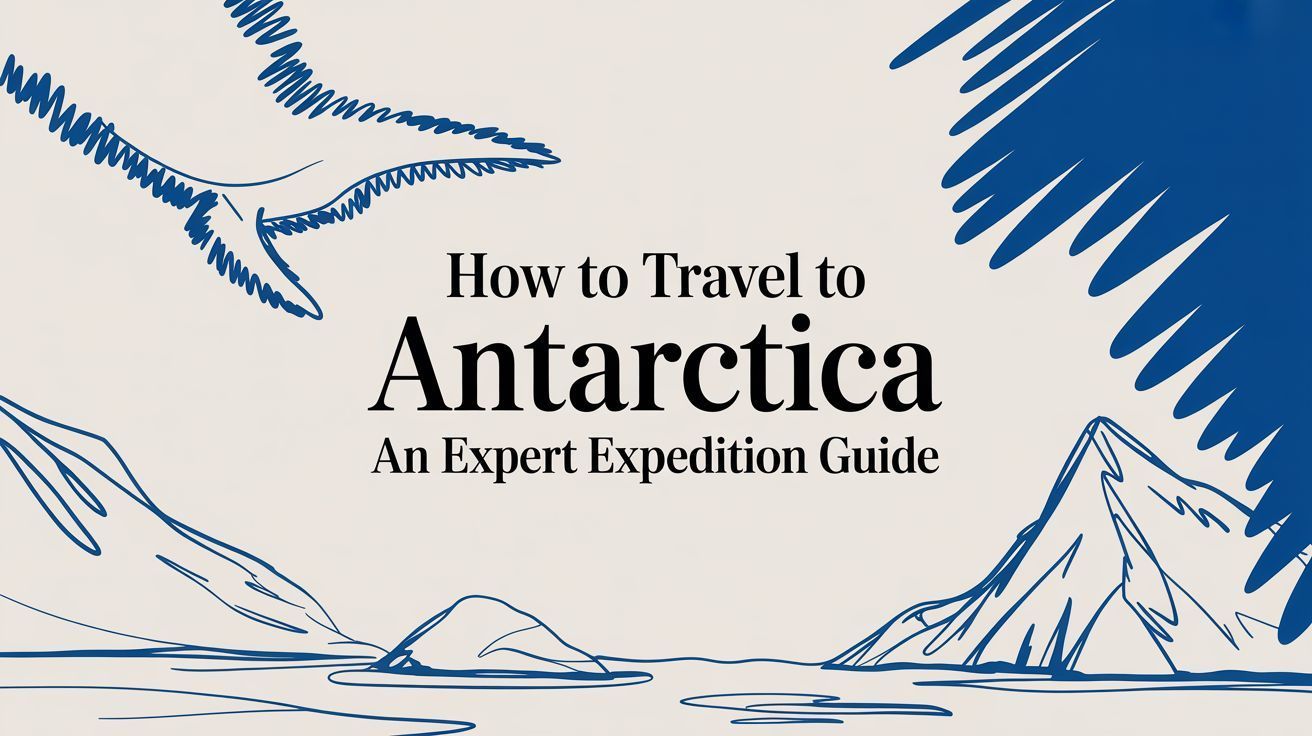Is Nature Immersion the Antidote to Burnout?
How outdoor therapy and wilderness retreats restore mental clarity and resilience.
Burnout is a modern epidemic affecting professionals and consumers as workloads increase and digital demands escalate. Nature immersion for burnout recovery offers a powerful remedy by tapping into the restorative qualities of natural settings. From forest bathing mental health practices to wilderness retreats participants find a path to stress relief through nature and a profound mental reset in nature.
The Science of Nature as Medicine
Spending time in green spaces triggers physiological shifts that counteract chronic stress. Research indicates that exposure to trees and fresh air leads to natural environment stress reduction by lowering cortisol levels and stabilising heart rate. When individuals engage with forest bathing mental health benefits more fully emerge as senses awaken to sights, sounds and scents of woodland.
Key advantages include:
- Enhanced mood and reduced anxiety through sensory immersion
- Strengthened immune response via phytoncides released by trees
- Heightened mental clarity through removal of digital distractions
Why Wilderness Retreats Work
Wilderness retreats combine adventure based travel with structured recovery programmes. These structured escapes invite participants to disconnect to reconnect outdoors, building resilience through nature exposure. Common features of successful wilderness retreats include expert guides, varied terrain challenges and group reflection sessions that reinforce learning.
Core elements of a retreat
• Guided hikes or paddling trips that blend physical activity with mindfulness
• Leadership retreats in nature that develop teamwork and decision making
• Wellbeing in the wild workshops on nutrition, rest and self-care
Outdoor Therapy for Professionals
Busy executives and entrepreneurs often struggle to find time away from screens. Outdoor therapy burnout recovery sessions offer targeted support by integrating nature therapy for professionals. Small group formats foster peer connection while sessions focus on coping strategies and goal setting in open air environments.
Practical Steps to Begin
Implementing nature immersion for burnout need not require remote expeditions.
Consider these accessible steps:
- Schedule weekly park visits for a brief mental reset in nature
- Join a local forest bathing mental health workshop led by qualified facilitators
- Book a weekend wilderness wellbeing retreat to fully unplug and recharge
- Practice daily grounding exercises such as mindfulness walks or shoreline meditations
- Encourage team outings to nearby green spaces as informal leadership retreats in nature
Overcoming Common Barriers
Time constraints and perceived costs often deter people from seeking nature based solutions. To address these obstacles, explore urban nature immersion options such as community gardens or riverside paths. Even brief interactions with greenery deliver measurable benefits in stress relief through nature.
Transforming Burnout Recovery Through Nature
Healing burnout through adventure reshapes our relationship with work and technology. By embracing nature as medicine, we reconnect with fundamental rhythms that sustain mental health. Adventure based travel and wilderness retreats catalyse growth by placing us in environments that demand focus, collaboration and self-reliance.
Conclusion
Nature immersion for burnout recovery presents a compelling alternative to traditional coping mechanisms. Whether through forest bathing mental health routines or immersive wilderness retreats participants rediscover balance, clarity and stamina. By integrating these practices into daily life and corporate wellbeing plans, professionals reclaim resilience and unlock lasting stress relief through nature.

